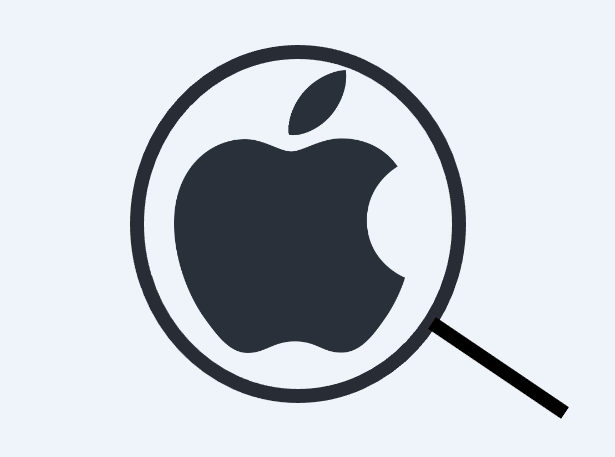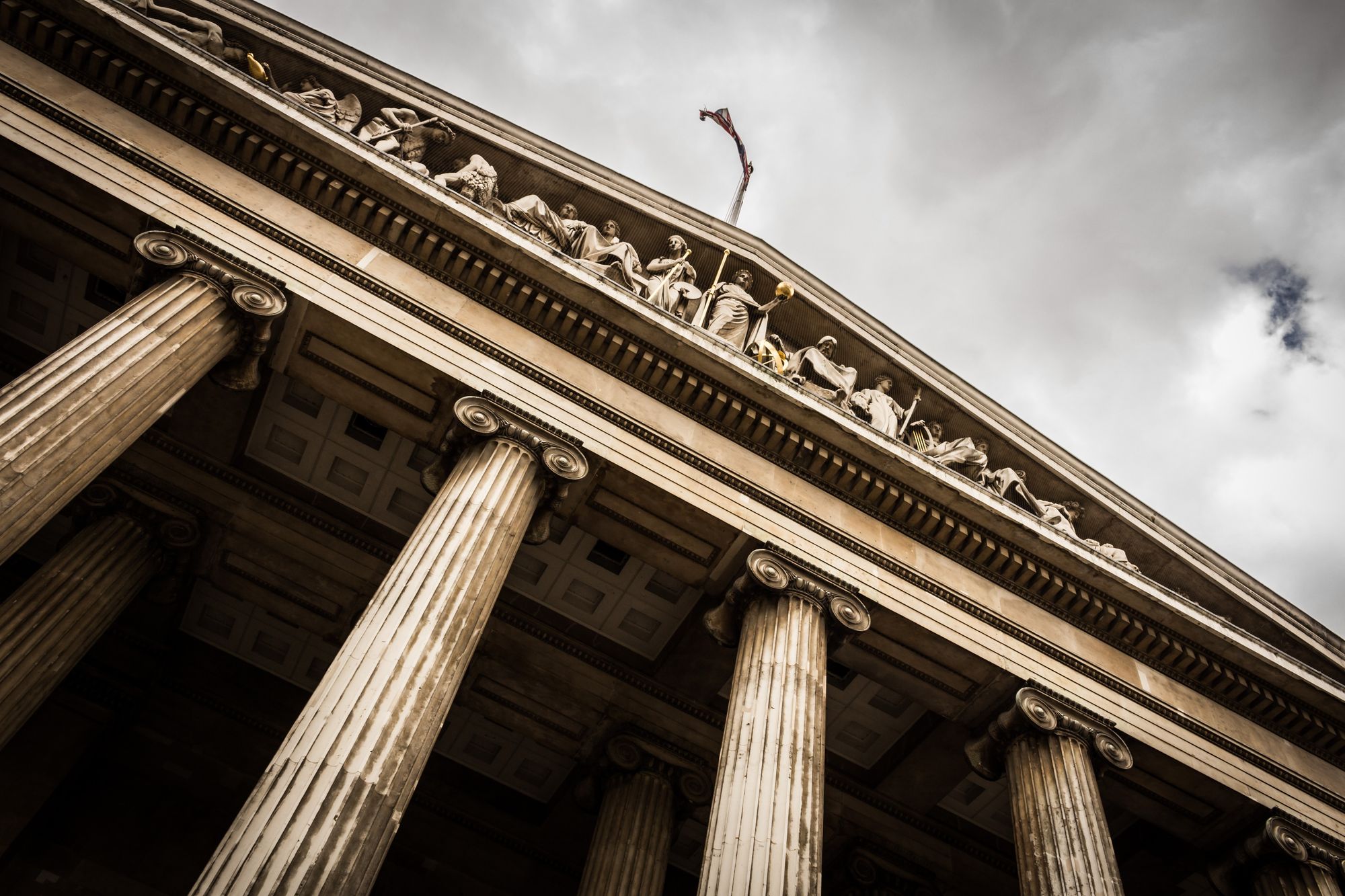AppleGPT, WTF SCOTUS, Services Locally Rank

Why Apple Holds Back in Search
Most of the discussion this past week in search has again been about BingGPT, its alter-ego Syndey and how Microsoft is trying to minimize the inappropriate and scary talk. There's now speculation that because of BingGPT's "dark side," it's less likely to be a meaningful threat to Google. If that's true it would be unfortunate. Apple, which could have been a formidable competitor to Google in search, continues to avoid direct confrontation (probably) because of Google payments. A report coming out of the UK asserts that, Google gives Apple a cut of search revenue from iOS Chrome, in addition to Safari. Those payments were estimated to be $15 billion in 2021 and potentially billions more now. They guarantee that the iPhone's default search engine remains Google. What would mobile search look like today if Google weren't paying Apple these fees? And would Apple be developing a meaningful Google competitor?

Our take:
- Apple does have search on the iOS homepage, in Maps and in the form of Siri. But it has held back. Where's SiriGPT?
- At one time, paying to be the default engine on a browser may have seemed less corrosive of innovation. But that's no longer true.
- Apple is unlikely to embrace direct competition in search unless or until Google's payments are ended. The money is too easy.
Keeping the Lid on Pandora's Box
Yesterday's SCOTUS oral arguments in Gonzalez v. Google, which try to hold Google (and others) liable for "recommending" terrorism videos, were something of a surprise. The Court doesn't have to take cases and lower courts reaffirmed that Section 230 of the Communications Decency Act gives Google immunity from third party content/actions. But SCOTUS took the case, leading to the logical conclusion that they wanted to change the law. But their questions, apparent skepticism and self-professed ignorance now suggest otherwise. It appears the majority will side with Google and other internet companies and maintain Section 230's broad liability shield. There's a related but legally distinct case also being heard, called Twitter v. Taamneh, which seeks to impose liability for "aiding and abetting" terrorism by failing to remove terrorist content. The justices believe Congress is the better body to "fix" or modify Section 230. That's unlikely to happen given the current dysfunction.

Our take:
- Gonzales claimed Google's algorithm, "recommending" ISIS videos, was outside Section 230's protection. SCOTUS struggled with this.
- The Court seemed to be very concerned about opening Pandora's Box (lawsuits) if it were to rule in favor of Gonzales.
- Liability protections for third party content should be maintained. But over-broad immunity has created platform complacency, resulting in real harms.
Services a New Local Ranking Factor
Adding services to Google Business Profiles appears to strongly boost local rankings. That's according to a new case study from SterlingSky. There are two categories of services available to Google Business Profiles: those pre-defined by Google and custom services businesses create themselves. In the plumbing category, for example, pre-defined services include things like "unclog drain," "repair water heater," "repair faucet." In other words, these are terms or keywords users might search on. They appear in a list and can be quickly added to the profile simply by selecting them. SterlingSky said it tested adding pre-defined services in 2019 and they had no ranking impact. It performed a similar test in 2002 across multiple business categories with dramatically different results (illustrated below). They are currently testing whether custom services has a similar impact on local rankings.

Our take:
- This test seems to clearly indicate that adding services impacts rankings (for both explicit and implicit keywords).
- SterlingSky added, "The ranking impact seems to vary based on the industry and market" and will take between 24 and 72 hours to show up.
- Bottom line: adding relevant services to GBP is something every service business should do ASAP.
Recent Analysis
- Near Memo episode 101: Bing transformed by AI, groceries drive Walmart upscale, retailers invest in PPC & SEO.
Short Takes
- Bing using itself as a source for for chat answers.
- SEO: keyword research in the era of ChatGPT.
- Some theories about why BingGPT went off the rails so fast.
- All about the prompts: lessons from permitted AI classroom use.
- Soon Amazon will be full of AI-generated books.
- Instagram "photographer" admits images were AI-generated.
- Cribbing from Twitter: Meta introduces its own blue badge.
- FTC punishes review hijacking, will act against deceptive reviews.
- Digital video will overtake linear TV in time spent this year.
- EU: Social media will face big fines for toxic content.
- The Super Bowl ads that generated the most offline conversations.
- Green vs. blue bubbles: Apple locks in Gen Z iPhone loyalty.
Listen to our latest podcast.

How can we make this better? Email us with suggestions and recommendations.

